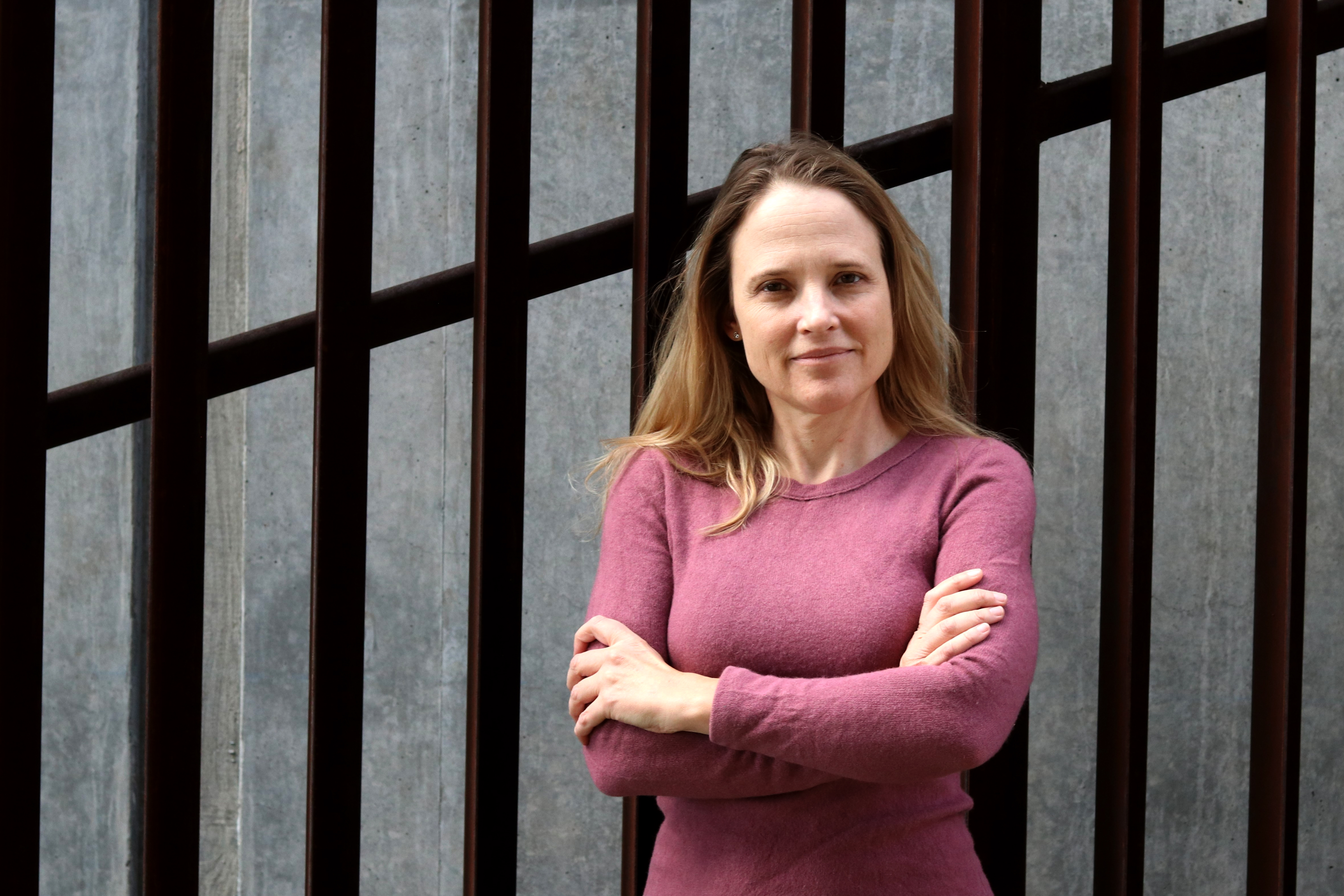The butterfly effect
Katy Prudic encourages the public to observe the natural world through community science
Prudic_1222.jpg

Butterfly populations are dramatically decreasing in the western United States and Katy Prudic, an assistant professor in the School of Natural Resources and the Environment, believes that the community can help support butterflies and other pollinators through community science, or citizen science.
Prudic is a huge advocate for community science – which allows the public to support science through submitting their observations of the natural world with web-based apps, like iNaturalist or eButterfly—which she helped create. Community observations submitted to these apps can help scientists monitor global change, precipitation rates, and species decline.
However, if you do not want to participate in community science, Prudic suggests you take action in your own front yard.
Incorporating native plants that butterflies and caterpillars need to survive, could be your first step, Prudic said. “But be prepared for your plants to be eaten down to a nub,” she joked.
Having flowers in the fall would be another great way to keep butterflies and caterpillars happy, according to Prudic. “You could also try reducing your carbon emissions by eating less meat, switching over to solar energy, adding insulation so that you are reducing your heating or cooling, and thinking about how to reduce your driving or flying.”
In other words, small changes make a big difference and there are actions people can take that can fit their lifestyle.
Finding her fit
Though she is a champion of community science and has a passion for entomology, Prudic first wanted to pursue marine ecology as an undergraduate student. However, her first marine biology course, helped her realize the field just wasn’t for her.
“Those two weeks were brutal,” she said. Luckily, Prudic landed a field position with a butterfly ecologist and the work ignited her interest in insect ecology.
The transition from marine biology to entomology and butterfly ecology was a learning experience. Prudic found the switch to be pivotal, because she found her passion and realized how much she enjoyed working with people with similar interests.
She admits, it was absolutely necessary for her to take that marine biology course, because without it, she wouldn’t have found what she really loved.
Her advice to anyone looking to be an ecologist of sorts? Go to office hours and build a relationship with your professors. Being passionate about the work you are pursuing is a big factor, which will make the world of a difference, she said.
“Search for things you find interesting and fun, then connect with people with the same interest,” Prudic said. “If you grow up believing you love one thing, but then come to find out it’s not really for you, don’t stress it. Doors are constantly opening, you just have to take the first step and keep trying new things.”

